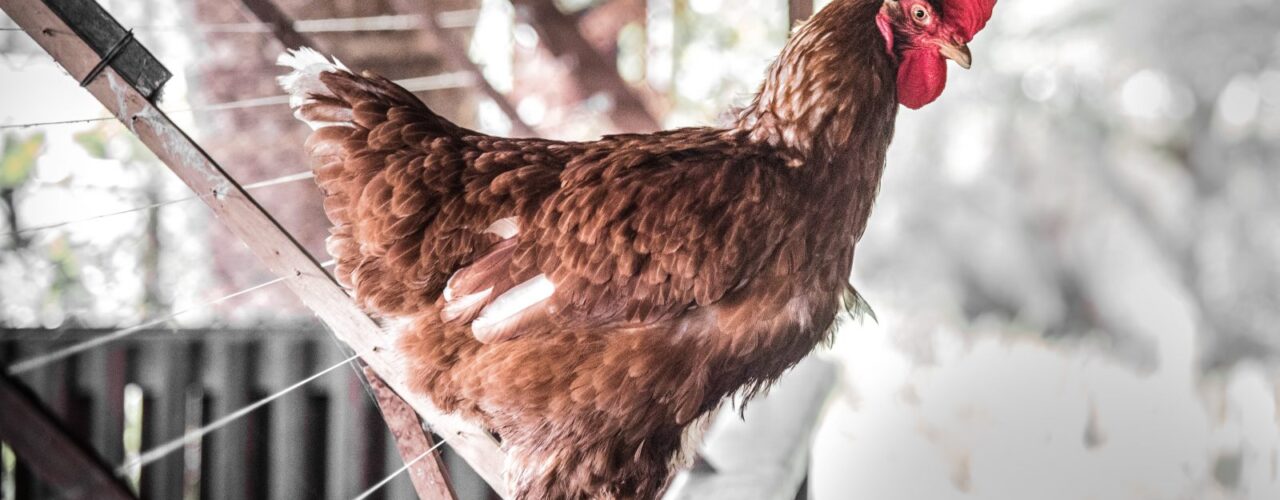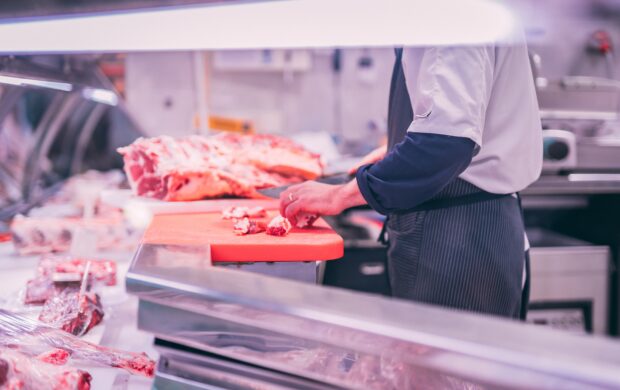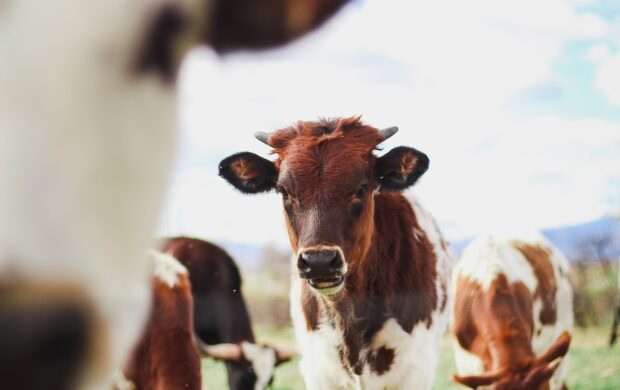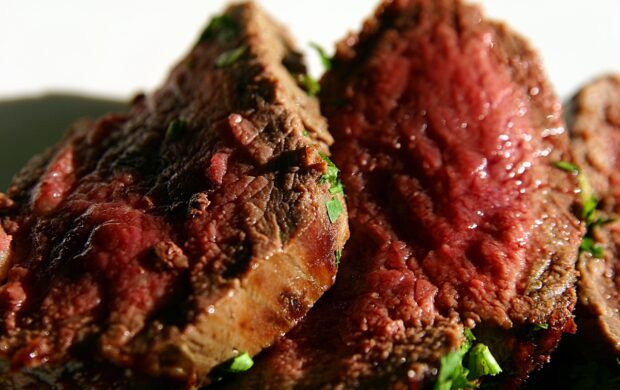For the first time in history, cultured meat – produced in bioreactors, has been approved for sale by a regulatory authority. The Singapore Food Agency gave a safety review to ‘chicken bites’ produced by the US company Just Eat. The cultured meat will have limited availability and will only be sold in a restaurant in Singapore until its production can be scaled up. No chicken had to be slaughtered in the process of generating cells used to start the process.

So what?
The approval of chicken cells grown in bioreactors is a landmark moment for the food industry. It creates a precedent for numerous companies which are developing cultivated chicken, beef and pork. Lab-grown meat is the single most powerful invention in the efforts to decrease the impact of meat production on climate change. It also presents health-related benefits as meat cultivated in bioreactors doesn’t require the overuse of antibiotics and hormones while maintaining the same nutritional qualities. However, the law-grown alternative is still much more costly to produce than conventional meat and is unlikely to become mainstream until its production costs can be brought down. What would it take to accelerate this process?











Join discussion